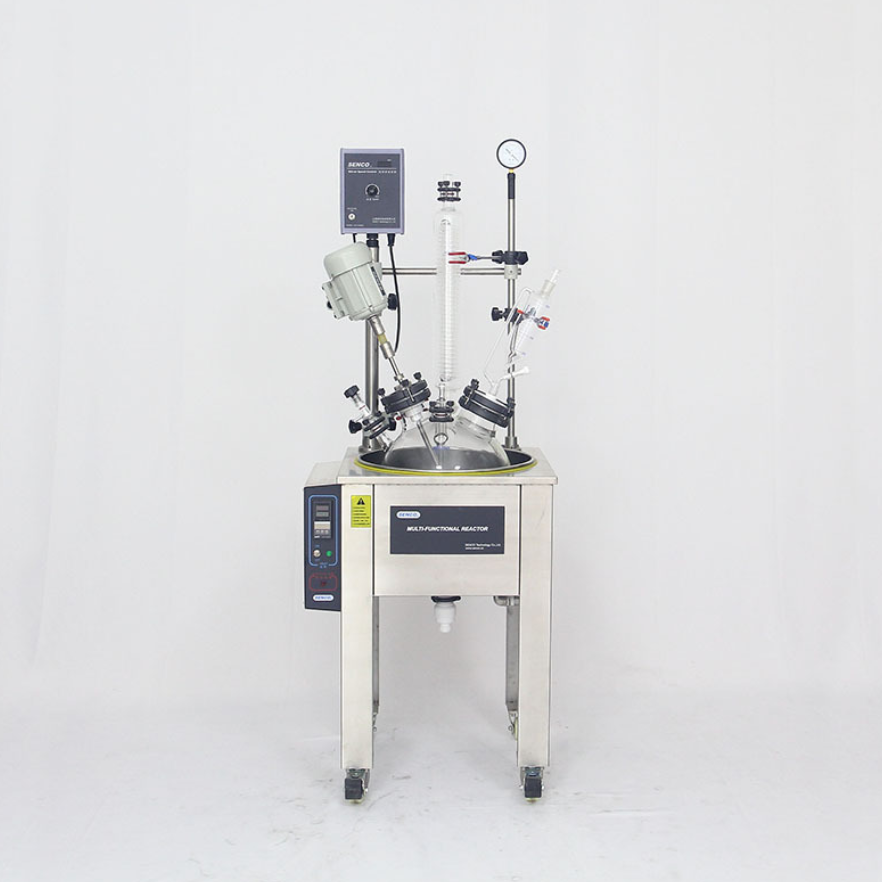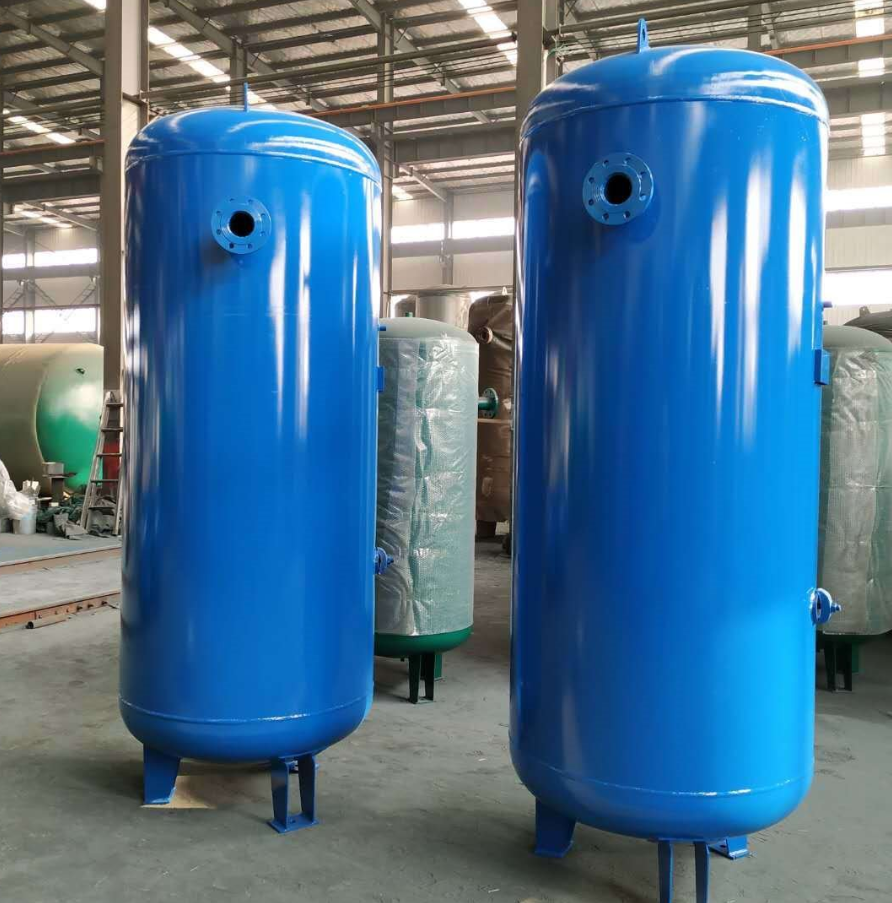The chemical processing industry (CPI) is characterized by highly aggressive operating conditions, where materials are constantly exposed to corrosive acids, alkalis, chlorides, and high temperatures. Traditional engineering materials often succumb to rapid degradation, leading to frequent equipment failures, costly downtime, safety hazards, and environmental contamination. Titanium, with its unique metallurgical properties, has emerged as a cornerstone material, offering a robust and economically viable solution to these pervasive challenges.
Engineers and plant managers in the CPI face a constant battle against material failure. Titanium's inherent advantages directly address these critical pain points:
The primary driver for titanium's adoption in CPI is its exceptional corrosion resistance. Titanium forms a tenacious, self-healing passive oxide layer when exposed to oxygen, which provides outstanding protection against a wide range of aggressive chemicals, including oxidizing acids (nitric acid), chlorides (seawater, brine), and various organic compounds.
By resisting corrosion and degradation, titanium components significantly extend the operational life of critical equipment such as heat exchangers, reactors, and piping. This translates directly into reduced maintenance frequency, minimized unplanned shutdowns, and substantial cost savings over the lifecycle of the plant.
Material failures in chemical plants can lead to hazardous leaks, spills, and releases of toxic substances, posing significant risks to personnel and the environment. Titanium's reliability in corrosive service drastically reduces the likelihood of such incidents.
Many chemical processes operate at elevated temperatures, which can accelerate corrosion rates for conventional materials. Certain titanium grades maintain their mechanical properties and corrosion resistance at high temperatures.
In sensitive chemical processes, particularly in the production of high-purity chemicals or pharmaceuticals, material contamination can compromise product quality. Titanium is highly inert and non-leaching, ensuring that it does not react with or contaminate the process stream.
In systems where corrosive fluids also contain abrasive particles or flow at high velocities, erosion-corrosion can be a significant issue. Titanium's hardness and resistance to cavitation make it an excellent choice for components like pump impellers and valve internals.
Titanium's versatility and superior performance characteristics make it indispensable across a wide array of applications within the chemical processing industry.
Heat Exchangers: Titanium is extensively used in shell-and-tube, plate, and spiral heat exchangers due to its excellent heat transfer properties combined with its resistance to aggressive cooling waters.
Reactors and Pressure Vessels: For processes involving highly corrosive reactants or products, titanium-lined or solid titanium reactors and pressure vessels provide the necessary integrity and longevity.
Piping Systems: Complete titanium piping systems, including pipes, fittings (elbows, tees, reducers, flanges), and valves, are employed for transporting corrosive liquids and gases.
Pumps and Valves: Components such as pump impellers, casings, valve bodies, and stems are fabricated from titanium to withstand corrosive and erosive wear.

SG Trading Asia Co., Limited supplies a range of titanium grades specifically selected and processed to meet the stringent demands of chemical processing applications, adhering to the highest international standards.
This is the most widely used CP titanium grade in the CPI due to its excellent balance of strength, ductility, and superior corrosion resistance in oxidizing and mildly reducing environments.
This palladium-enhanced CP titanium offers significantly improved corrosion resistance, particularly against crevice corrosion and reducing acids (e.g., sulfuric acid, hydrochloric acid) at elevated temperatures.
This alloy provides enhanced crevice corrosion resistance compared to CP grades, especially in hot brine environments, and offers higher strength than CP titanium.
A medium-strength alpha-beta alloy with good weldability and formability. It is often used for seamless tubing in heat exchangers where a balance of strength and corrosion resistance is required.
Similar to Grade 7 but with a lower palladium content, offering a balance of enhanced corrosion resistance and cost-effectiveness in certain reducing environments.
ASTM (American Society for Testing and Materials)
ASME (American Society of Mechanical Engineers)
NACE (National Association of Corrosion Engineers)
At SG Trading Asia Co., Limited the production of titanium components for chemical processing is a meticulous process driven by advanced manufacturing techniques and an unwavering commitment to quality. Our rigorous quality control protocols ensure that every product meets the highest performance and reliability standards, exceeding client expectations in critical applications.
Our manufacturing processes are tailored to the unique properties of titanium and the demanding requirements of the CPI:
Precision Fabrication: We utilize advanced welding techniques (e.g., TIG, plasma arc welding) with inert gas purging to ensure weld integrity and corrosion resistance comparable to the base material.
Forming and Machining: Titanium's work-hardening characteristics require specialized forming and machining techniques.
Surface Treatment: Post-fabrication surface treatments such as pickling, passivation, and acid cleaning are performed to remove surface contaminants and enhance the passive oxide layer.

Every titanium component undergoes a series of stringent quality checks:
Chemical Analysis: Verification of precise elemental composition.
Mechanical Testing: Tensile strength, yield strength, elongation, hardness, and impact tests.
Corrosion Testing: Specialized corrosion tests to validate resistance in specific aggressive media.
Non-Destructive Testing (NDT): Includes ultrasonic testing, radiographic testing, liquid penetrant testing.